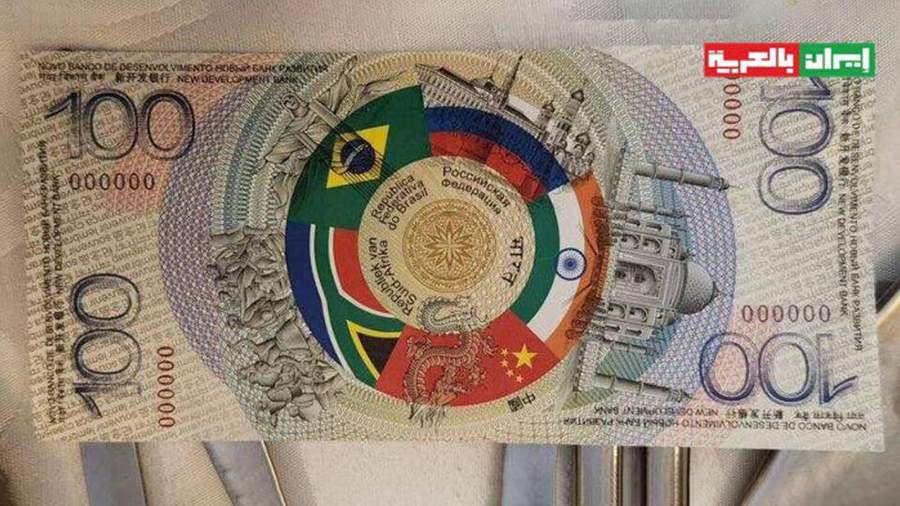
Russia's foreign trade settlements inside BRICS still has problems
By Rhod Mackenzie
The Mir card, CNAPS, and CIPS are financial messaging systems used for national domestic and cross-border interbank payments in Russia, China, and Iran respectively. These systems were seen as potential alternatives to the Western-dominated payment systems. However, this perception was misleading. Russian companies have continued to use the services of banks in friendly countries. These banks are not interested in sudden movements or severing financial ties with Western partners. This winter, Turkish, Chinese, and Hong Kong banks have tightened payment conditions for Russian enterprises and Russian-linked companies in other countries, as well as for transit cargo, under pressure from emissaries from the United States.
It is understandable why America is concerned. Russia's impressive ability to evade sanctions is making the United States appear foolish. Robin Brooks, chief economist at the Washington-based Institute of International Finance, recently expressed concern that Russia may be underreporting its current account surplus. Historically, a country's current account surplus has been highly correlated with tax revenues from oil exports, but in 2023 the correlation broke down. Therefore, the United States will make every effort to cut off the oxygen to our companies, particularly those attempting to circumvent sanctions, but also to all others.
Large businesses do not face significant issues in this scenario; they can extend the chain of shell companies and arrange everything legally for banks and regulators in various countries. However, medium and small enterprises, particularly importers, are experiencing difficulties. On one hand, this creates opportunities for import substitution. On the other hand, our economy remains open and complex, and we will still require components and goods from abroad. All purchases must be paid for, and this will require the assistance of politicians and diplomats. Partners in friendly countries must understand that their economies, as well as others, will face significant challenges if Russian oil, gas, and other raw materials are no longer available on the market. Additionally, products that are resold and accompanied by the same products will no longer be available from abroad. These countries earn good money from these transactions. The ball is now in their court, and they have the option to establish uninterrupted financial relations with Russia using two main mechanisms that are hidden from the eyes of the West.
The first strategy involves creating specialized banks within friendly countries that work exclusively with Russia, known as a double-circuit banking system. These banks will not have dollar and euro correspondent accounts, unlike the Crimean RNKB. The second strategy is to establish clearing centers that offset payments to minimize cross-border bank transfers.
Both strategies can be implemented easily and quickly, but require cooperation from our partners. However, there is hope that practical considerations will outweigh the desire for friendship with the West. Gradually, these same practical considerations may also emerge in Western countries. Recently, Ferdinando Pelazzo, the head of the Italian-Russian Chamber of Commerce, announced that the chamber was testing a system that would enable Russian companies to purchase Italian goods permitted for import into Russia using rubles. An example initiative: if successful, it will be another step towards dismantling the dollar-centric financial system.
